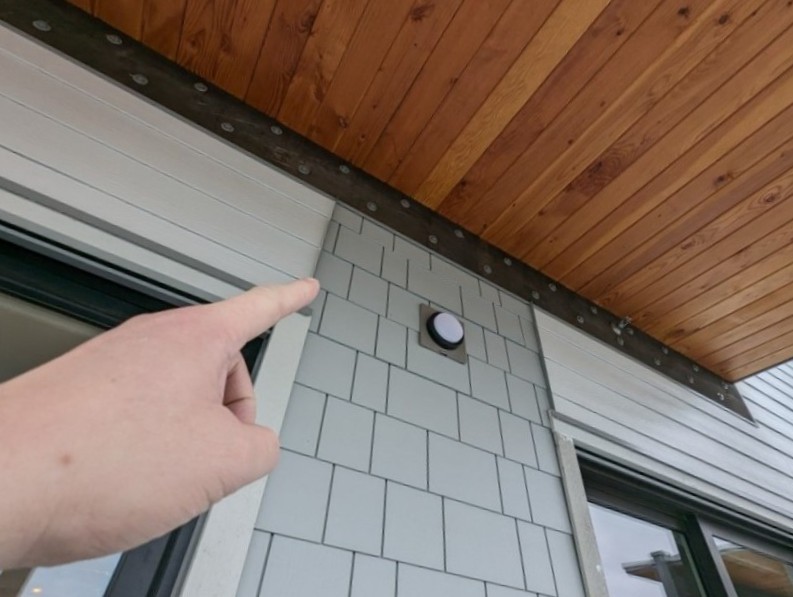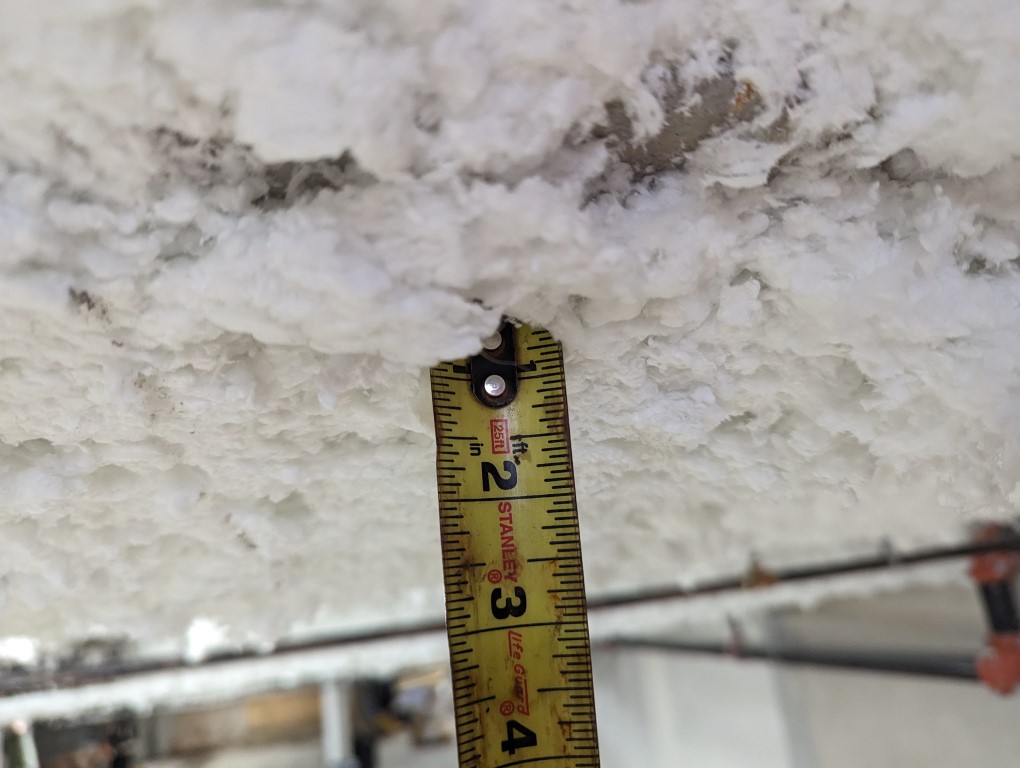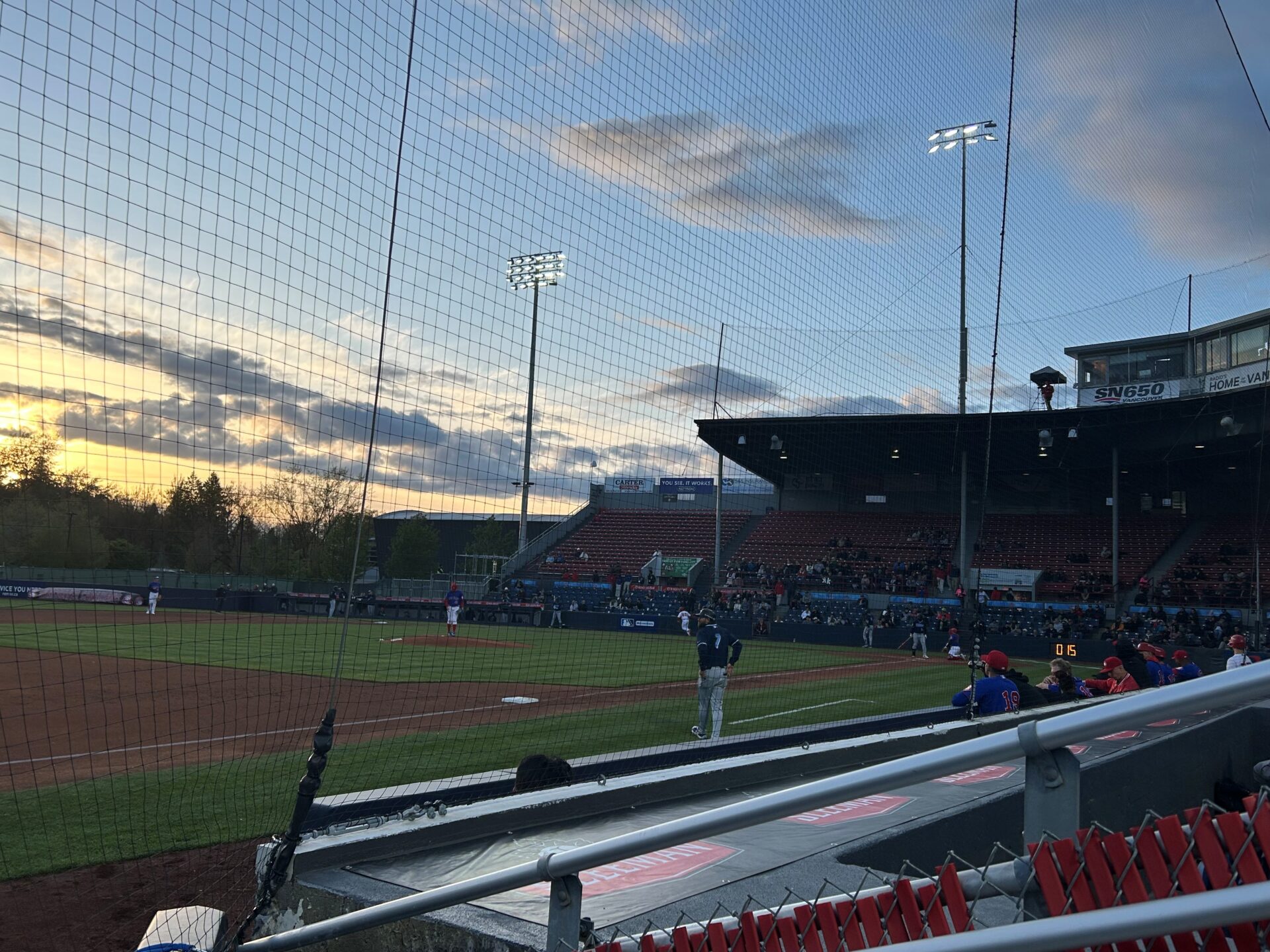
DEPRECIATION REPORTS – BC BUILDING SCIENCE BREAKS IT DOWN!
A depreciation report is a detailed document that outlines the condition of a property’s major components, such as the roof, elevators, windows, plumbing, etc., and gives an educated estimate as to when they will need repair or replacement. It also projects the costs of those future repairs and recommends how much money should be put into a reserve fund to cover them. These reports are most commonly used for Strata properties, such as condominiums and townhouses, and the goal is to help property owners:
- Understand the building’s current condition.
- Plan for future expenses.
- Avoid unexpected large special assessments (unforeseen or extra payments from owners for repairs).
Key Sections of a Depreciation Report:
Executive Summary
- A comprehensive overview of the building’s condition, reserve fund status, and major upcoming expenses.
- Ideal for a quick snapshot of the financial health of the property.
Inventory of Common Assets and Physical Condition Assessment
- Lists all shared components, such as the roof, HVAC, siding, balconies, plumbing, elevators, parkades, etc., and details the current condition of each major system / component.
- Each item usually includes the estimated remaining life and approximate replacement cost which helps identify what needs attention soon and what is in decent shape.
Financial Analysis
- Projects future costs over an extended time frame (typically 30 years).
Reserve Fund Forecast
- Information on how the reserve fund balance changes under different funding scenarios.
- Helps owners see whether fees need to increase or special levies might be needed.
Key Takeaways:
- Look at the Executive Summary first to understand the general state of things.
- Scan the major systems list to see what’s aging or in poor condition.
- Check the funding scenarios. Do they suggest an increase in fees or special levies?
- Pay attention to near-term repairs. Anything within the next 1–5 years is crucial to note for budgeting.
An important update to note is that in 2024, the regulations were changed on how often it was required to do a depreciation report. Stratas must now do them every five years instead of three, and they can no longer be deferred as they could be in the past.
For more information, click here.
If you are buying a Strata property, reviewing the depreciation report is essential and can help you avoid surprise expenses down the road. Depreciation report writing is one of the many services that BCBS offers, so give us a call and let’s get started on yours!


